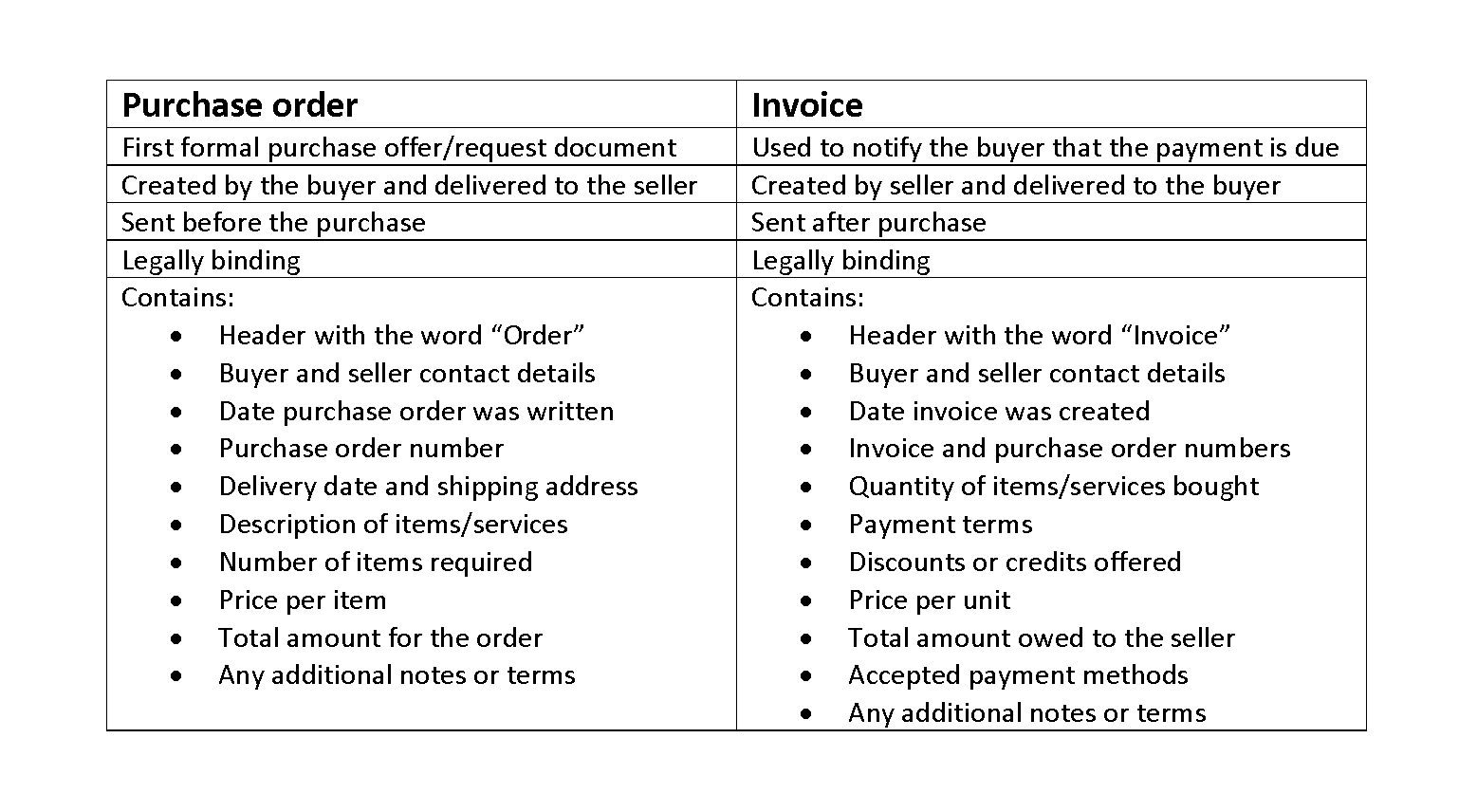
This gives you the best of both worlds while making your law firm’s comprehensive accounting situation easier to manage. For many law firms, managing legal bookkeeping in-house can be overwhelming. Outsourcing this specialized service to NorthStar Bookkeeping can bring numerous benefits. Our team of experienced legal bookkeepers is well-versed in the nuances of legal finance management. By partnering with us, you ensure your law firm’s financial records are accurate, compliant, and effectively managed.
Legal Accounting 101: A Guide for Law Firms
- This includes keeping strict records, tracking tax deductions, ensuring correct bank account setup, and choosing the right accounting method to develop a clear bookkeeping system.
- You’ll have accurate financial statements on hand, which can show you how your practice is performing at any given moment.
- These funds held in a trust are not the law firm’s property but are individuals or institutions known as trustees.
- Capturing every minute of billable work is critical for accurate law firm billing and, ultimately, profitability.
- This guide will provide an overview of law firm bookkeeping, some best practices to follow, mistakes to watch out for, and tools to make the whole process easier.
- You’ll also want to decide how your firm will track incoming and outgoing funds.
Legal bookkeepers and legal accountants work with your firm’s financials with the shared goal of helping your firm financially grow and succeed. Errors can leading to malpractice suits, so many attorneys choose to structure their fees and payment plans to avoid using their trust accounts. When setting up a new account, ask your legal accounting services financial institution to provide trust account statements at the end of the reporting period. This will ensure that the financial institution reports all activities and balances in your trust account at month-end and year-end dates. In short, a trust account is an account used by lawyers to hold money on behalf of clients.
Understanding What to Look for in a Legal Accountant
- Our partners cannot pay us to guarantee favorable reviews of their products or services.
- Trust accounting refers to the practice of keeping separate track of client funds given in trust and a law firm’s operating funds.
- Practices with proper legal accounting are able to easily produce the required financial reports and documentation.
- For example, when you send an invoice to a client, you’ll mark it as revenue, even though you might not get paid for 30 days.
- However, with cloud-based law firm accounting software, it’s easy to quickly produce reports that give you the insights you need.
- This ensures that financial transactions are properly documented and tracked, minimizing the risk of errors or discrepancies in legal accounting.
- You can learn more about record retention periods in our guide to business recordkeeping.
Fortunately, software is available to help monitor for errors and prevent them from happening in the first place. After selecting a candidate, provide adequate training to ensure they are prepared to handle the job. Offer competitive wages and benefits packages to qualified candidates once you have finalized your selection. Comparing different banks’ answers to these questions will help you decide which institution and account are right for you. Choosing various software that works together seamlessly makes running your firm much more straightforward. Your bookkeeper, CPA, and the IRS all require you to keep documents proving your income, credits, and deductions.
- Consider scheduling a weekly or monthly task, depending on the volume of your records.
- Manage your legal practice effortlessly from front to back using Soluno’s open API and powerful integrations with the legal industry’s best solutions.
- The Federal Unemployment Tax Act (FUTA) tax provides payments of unemployment compensation to workers who have lost their jobs.
- Examples of these expenses are fees for transportation, court filings, expert witnesses, transcripts, medical records, etc.
- Optimizing legal bookkeeping is not just about staying compliant; it’s about driving financial success and ensuring the long-term viability of your law firm.
- The Supreme Court has authority to appoint a successor signatory for the attorney trust account.
CMS FAQs Address Imposition of Penalties for MSP Reporting Violations
In double-entry accounting for law firms, each financial transaction results in two transaction entries. These transactions are recorded on equal sides, known as debits and credits. Debits and credits combine to form a balance sheet comprising assets, liabilities, and equity. These accounts include pooled client funds from settlements, retainers, and other client funding sources.

You’ll have accurate financial statements on hand, which can show you how your practice is performing at any given moment. And it will be a lot easier to work with bookkeepers, accountants, new partners, and buyers, if you ever decide to sell the business. Whenever a client pays an invoice, you must allocate the payment to the incurred costs of a matter first.

It extends beyond mere financial tracking, embodying the ethical stewardship of client funds, adherence to stringent regulatory standards, and strategic financial planning. Selecting the right accounting software is more than a technical decision—it’s a strategic move towards optimizing a law firm’s financial management, ensuring compliance, and reinforcing the trust of clients. By prioritizing features that align with the unique demands of legal accounting, law firms can set a solid foundation for financial integrity, operational efficiency, and long-term success. RunSensible stands out as a leading solution in this space, offering a suite of features tailored to the needs of law firm accounting. With its trust accounting capabilities, time and expense tracking, and seamless integration with legal case management functions, RunSensible addresses the core requirements of legal financial management.


